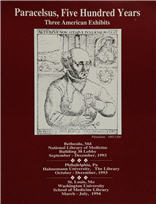ExhibitionAn Extraordinary Life
Return to Exhibition
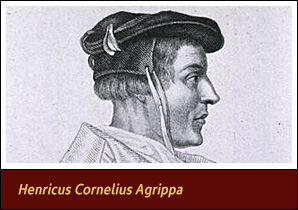
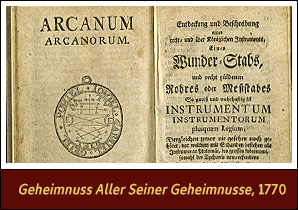
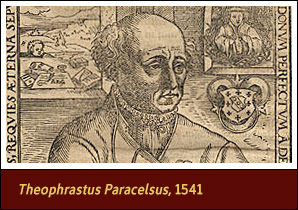
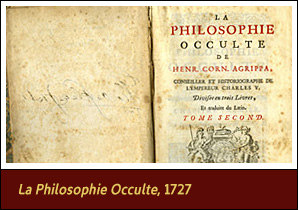
- Henricus Cornelius Agrippa

Henricus Cornelius Agrippa
Artist: R. Cooper
Courtesy National Library of Medicine
Cornelius Agrippa’s work La Philosophie Occulte was one of the most widely read and respected books on the magical arts.
- Geheimnuss Aller Seiner Geheimnusse, 1770

Geheimnuss Aller Seiner Geheimnusse (Secret of All His Secrets), 1770
Author: Paracelsus (1493–1541)
Courtesy National Library of Medicine
During his university days, Victor Frankenstein apprentices himself to Professor Waldheim, who praises both Agrippa and Paracelsus as “men whose indefatigable zeal provided the foundation of modern knowledge.”
- Theophrastus Paracelsus, 1541

Theophrastus Paracelsus, 1541
Courtesy National Library of Medicine
A physician and alchemist, Paracelsus established the role of chemistry in medicine.
- La Philosophie Occulte, 1727

La Philosophie Occulte (The Occult Philosophy), 1727
Author: Heinrich Cornelius Agrippa von Nettesheim (1486–1535)
Courtesy National Library of Medicine
In this text, Cornelius Agrippa combined Christian theology with the cabala, an occult religious strain of Judaism.







